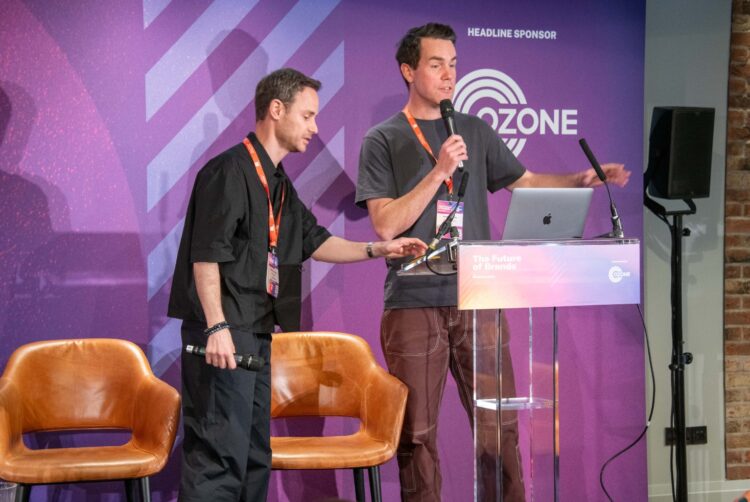The future of branding: Influence LLMs to protect your share of market


“Understanding how large language models [LLMs] think about your brands will increasingly determine your share of market.”
This is the stark message from Jack Smyth, chief solutions officer for AI planning and insights at Brandtech Group agency Jellyfish. He warned that generative-AI search presents an “existential” threat to brands as consumers increasingly turn to gen-AI chatbots for queries and recommendations about brands and products.
“If you don’t understand how these models think about your brand, you’ll never be able to grow your share of market, because you won’t even be in the consideration set,” Smyth told a crowd at The Future of Brands last month.
Likening chatbots to “the ultimate influencer”, Smyth advised that brands must begin tracking their “share of model” — how models perceive their given brand and the keywords, terms and imagery they associate with them — in order to influence generative-AI results to their benefit.
“The ability to take these insights, translate them into a brief to create content that a model will recognise as more relevant to its next recommendation, is not really just the natural evolution of SEO, it’s a key part of branding,” Smyth said. “Because you have to ensure these models are aligned with the brand that you want to be.
“Every asset you publish is now a brief to someone else’s model.”
Jellyfish has built a platform to give insights to brands on how AI models perceive them. One that has already taken advantage in an attempt to stay ahead of the curve is Pernod Ricard.
Gokcen Karaca, head of digital and design at the liqueur company, described working with the agency to model and manage the perception of its brands within various LLMs.
“We put our brand attributes into the models to understand how the models are representing our brands when someone asks a question,” Karaca explained.
From those insights, Pernod Ricard is actively working to create content and deploy it to “the relevant places where models are reading information” in an attempt to “bias” the models to be favourable towards its brand messaging. This could include, for example, creating content for Instagram and Facebook to attempt to influence Meta AI.
The goal is to have LLMs “list our brands in the way that we desire”, Karaca pointed out.
He clarified: “We are not trying to rig the game here — we are trying to share with the world what our brands should be presented like. We are just trying to correct some of the wrong things that we have seen.”
Such efforts would not be classified as paying for sponsorship to ensure a brand is well-presented. Rather, the practice is more akin to SEO.
Looking into the future, Smyth warned that soon consumers will increasingly use AI agents to browse and buy products on their behalf.
Major brands have already taken this to market, such as Amazon via its “Buy for Me” feature, launched in April.
Smyth called this potential consumption norm “like a web crawler with a credit card”.
